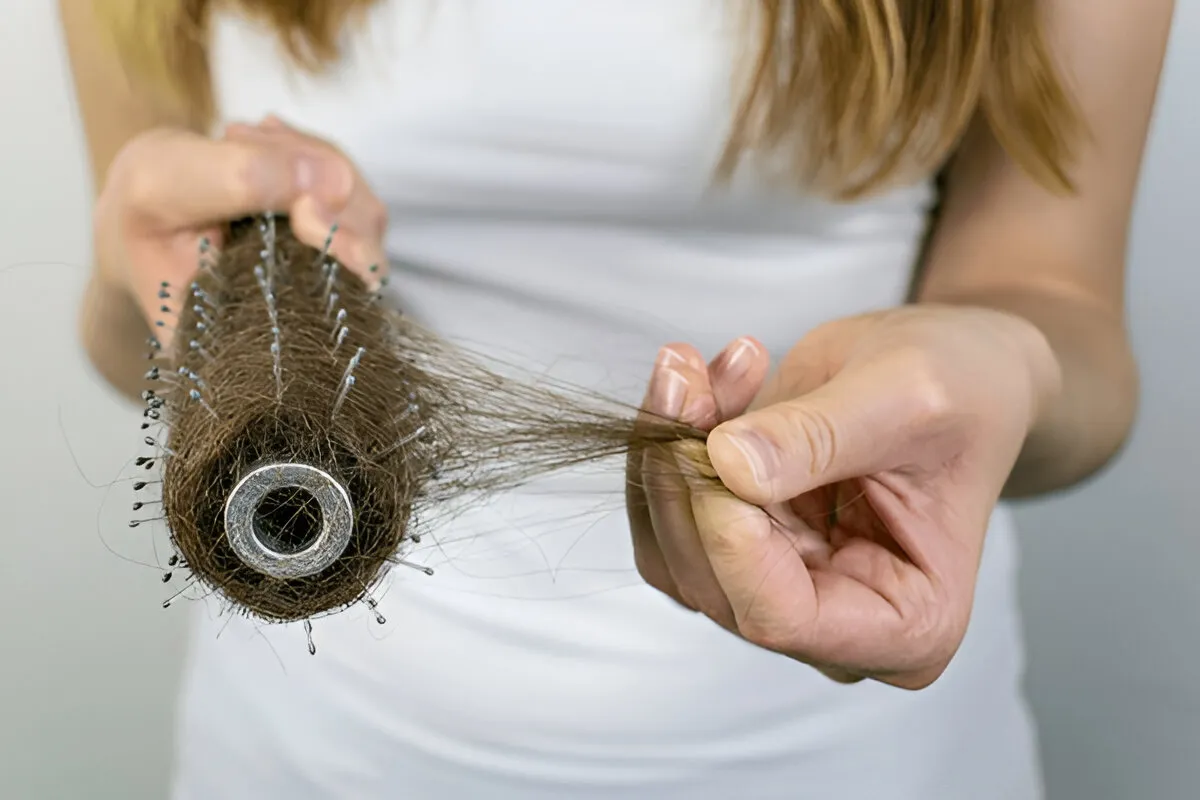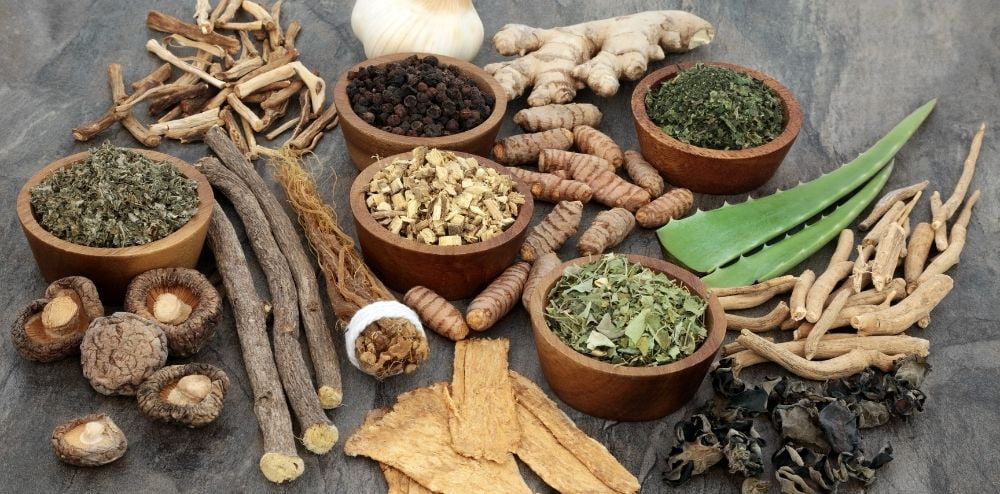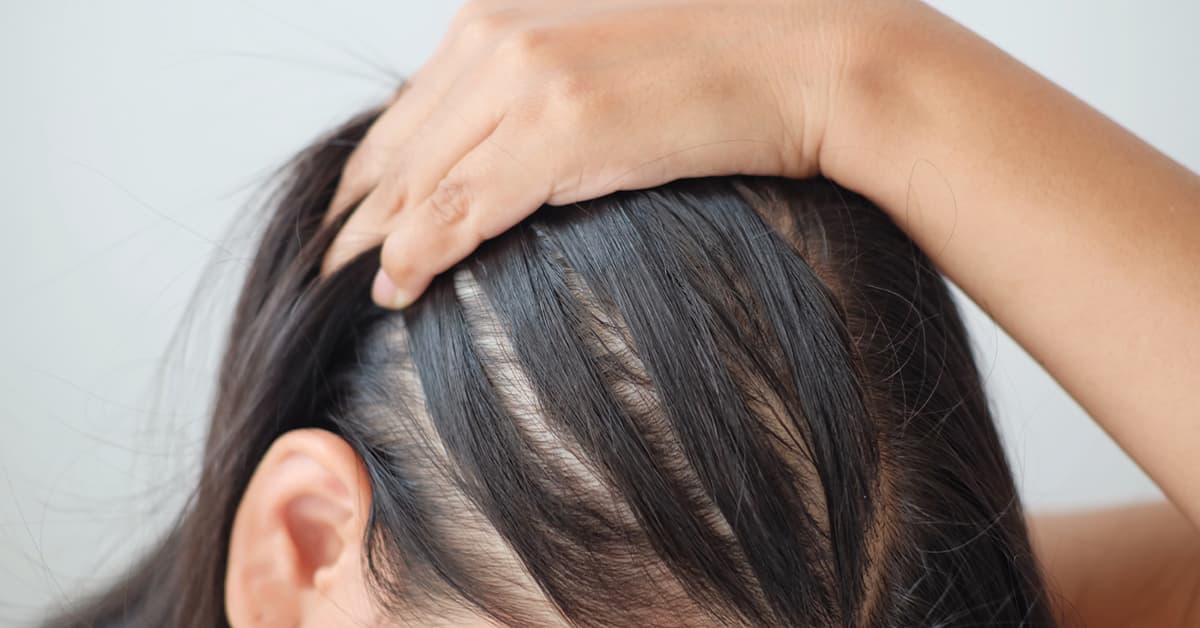Discover how Nadine Herbs and natural remedies can address hair loss due to nutritional deficiencies, providing an herbal, chemical-free solution for hair care enthusiasts.
Introduction
Are you noticing more hair on your brush than usual? Hair loss can be worrying, but it’s often linked to nutritional deficiencies that our diets may overlook. Instead of reaching for chemical products with empty promises, why not consider an herbal approach? In this guide, we’ll dive into how nutritional deficiencies impact hair health and why herbal remedies, like Nadine Herbs, offer a natural, long-term solution.

Understanding Hair and Nutritional Deficiencies
Hair growth is much like a plant needing nutrients to thrive. If the soil lacks nutrients, the plant will weaken. Similarly, without adequate vitamins and minerals, hair loses strength, shine, and volume, and eventually, falls out. Nutritional deficiencies are often at the root of hair issues, making it crucial to address the internal, nutritional needs of your body first.
Common Nutritional Deficiencies That Cause Hair Loss
1. Iron Deficiency
Iron plays a vital role in carrying oxygen to cells, including hair follicles. Low iron levels lead to reduced blood flow, resulting in weaker hair and eventual hair loss.
2. Vitamin D Deficiency
Vitamin D helps stimulate hair follicles. When levels are low, hair growth can slow or stop altogether.
3. B-Vitamins Deficiency (Biotin, B12)
B-vitamins, especially biotin, are essential for cell regeneration and healthy hair. Deficiencies can lead to thinning and breakage.
4. Zinc Deficiency
Zinc is needed for tissue repair, and without it, hair can become fragile. A deficiency in zinc is often associated with alopecia, a type of hair loss.
5. Omega-3 Fatty Acids Deficiency
Omega-3 fatty acids keep the scalp hydrated, preventing dryness that leads to dandruff and hair breakage.
Why Chemical Products May Not Help Long-Term
Chemical-based hair products might offer quick results, but they’re often full of synthetic ingredients that provide temporary shine and volume while masking underlying problems. Over time, these products can damage hair’s natural structure, making it dry, brittle, and prone to breakage. Many contain parabens and sulfates, which strip hair of natural oils and hinder its ability to recover naturally.

Benefits of Herbal Remedies for Hair Health
Unlike chemical products, herbal remedies nourish hair from within, ensuring long-term benefits without harmful side effects. Here are some of the standout benefits of using herbal remedies for hair health:
- Natural Nourishment: Herbs provide essential vitamins and minerals.
- Non-toxic: Free from chemicals, they are safe for regular use.
- Gentle on Scalp: Herbal products work with your scalp’s natural oils.
- Eco-Friendly: Sustainable and biodegradable ingredients make them environment-friendly.

Essential Herbs for Hair Growth
1. Amla (Indian Gooseberry)
A powerhouse of Vitamin C, amla helps strengthen hair follicles and adds natural shine.
2. Bhringraj (False Daisy)
Often referred to as the “king of herbs” for hair, bhringraj promotes hair growth and reduces dandruff.
3. Neem
Neem has antimicrobial properties that maintain scalp health, preventing dandruff and infections.
4. Brahmi
Known for its calming effect, Brahmi also helps reduce stress-related hair loss by nourishing the scalp.
5. Shikakai
An excellent natural cleanser, shikakai keeps the scalp clean while adding a smooth, glossy texture to hair.
How Nadine Herbs Supports Healthy Hair
Nadine Herbs combines a unique blend of these essential herbs, focusing on traditional, time-tested formulations. With a dedication to using only natural ingredients, Nadine Herbs offers a sustainable approach to hair care, perfect for those looking to avoid chemically infused products. This formula not only promotes hair growth but also targets common issues like dandruff, dryness, and split ends, making it a holistic solution for your hair care needs.
Simple Home Remedies for Nourished Hair
1. Aloe Vera and Coconut Oil Mask
Combine aloe vera gel with coconut oil to create a soothing mask that deeply moisturizes the scalp and encourages hair growth.
2. Amla and Fenugreek Paste
Blend amla powder and fenugreek seeds into a paste. Apply to the scalp to strengthen hair roots and improve volume.
3. Onion Juice
Rich in sulfur, onion juice boosts collagen production and strengthens hair. Just a few drops mixed with carrier oil can make a noticeable difference.
4. Green Tea Rinse
Use cooled green tea as a rinse after shampooing. It contains antioxidants that reduce hair fall and stimulate new growth.
5. Neem and Curry Leaves Rinse
Boil neem and curry leaves, then strain and cool the water. Use it as a rinse to reduce dandruff and maintain scalp health.

How to Incorporate Herbal Remedies into Daily Routine
For the best results, it’s essential to integrate herbal remedies into your routine consistently. Here are some tips:
- Pre-Wash Routine: Apply a hair oil (like Nadine Herbs) at least an hour before washing.
- Natural Shampoo: Opt for shampoos that are sulfate-free and contain herbs like shikakai.
- Herbal Rinses: Use herbal rinses weekly to cleanse and nourish.
- Leave-In Oils: Use a few drops of herbal oil post-wash to lock in moisture.

Tips for Lasting Results with Herbal Remedies
1. Consistency is Key
Herbal remedies may not provide instant results, but with regular use, they can offer profound, lasting benefits.
2. Healthy Diet
Support your hair care routine with a diet rich in vitamins, minerals, and essential fatty acids.
3. Limit Heat Styling
Avoid excessive use of hair dryers, straighteners, and curling irons, which can damage hair over time.
4. Hydrate
Drinking adequate water is crucial for scalp hydration and preventing hair dryness.
5. Stress Management
Since stress impacts hair health, include relaxation techniques like meditation or yoga to support hair growth.
Conclusion
Hair loss due to nutritional deficiencies is a common problem, but it doesn’t require chemical products to fix it. With Nadine Herbs and other herbal remedies, you can nourish your hair naturally, allowing it to thrive from within. By embracing a holistic approach, you not only solve hair issues but also contribute to overall well-being.
FAQs
1. What are the main nutritional deficiencies that cause hair loss?
Iron, Vitamin D, Biotin (B-Vitamins), Zinc, and Omega-3 deficiencies are common culprits of hair loss.
2. Are herbal remedies safe for all hair types?
Yes, herbal remedies are generally safe for all hair types as they are natural and free from harsh chemicals.
3. How long does it take to see results with herbal remedies?
Results can vary, but with consistent use, you can expect to see noticeable improvements within a few months.
4. Can I combine herbal remedies with regular hair products?
It’s possible to use herbal remedies alongside other products, but ensure those products are free from harmful chemicals to avoid counteracting the benefits.
5. Why choose Nadine Herbs over other hair care products?
Nadine Herbs is crafted from pure herbal ingredients, making it a safe, effective, and eco-friendly option for long-term hair health.


